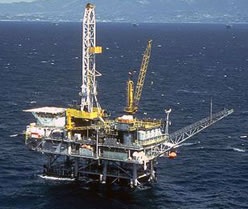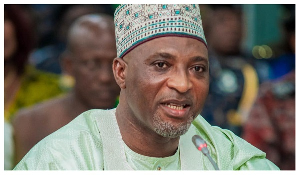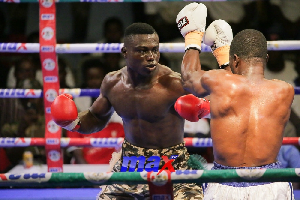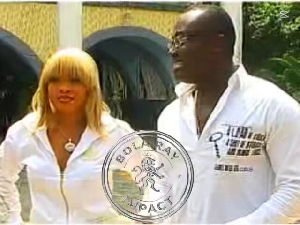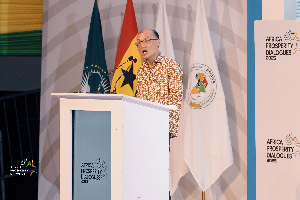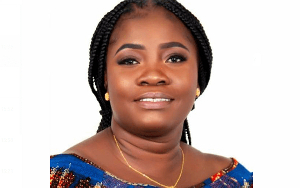The Programme Officer for Governance of Women in Law and Development in Africa (WiLDAF) Madam Esenam Ahiadorme says the NGO is poised to meet the expectations of communities in the oil and gas enclave.
The move, forms part of measures to forestall conflicts, which normally characterise oil and gas exploration as has happened in Nigeria’s Niger Delta.
To this end, WiLDAF in collaboration with Network of Women’s Rights Organisation (NETRight), International Federation of Women Lawyers(FIDA) and Abantu for Development have teamed up to identify gender gaps in the industry and how to improve the livelihood of women.
Madam Ahiadorme made this known to Ghana News Agency on the sidelines of a day’s workshop on oil and gas for 32 participants drawn from Esiama in Ellembelle District, in Western Region. The project is dubbed: “Women Agency Strengthened to Demand Accountability, Equity and Transparency from actors for improved livelihoods.”
The project is expected to mainstream gender into the oil and gas sector policy and regulatory frameworks to protect the interests of women and other socially excluded groups in oil fringe communities in Ghana.
According to Madam Ahiadorme, the project has been implemented in the Ellembelle and Jomoro Districts over a year leading to the establishment of Women Accountability Committee, which engages in advocacy to ensure that gender and women concerns are addressed by duty bearers as well as oil and gas stakeholders. So far, her outfit has trained 18 youth in gender, human rights as well as women participation in the industry.
She said some of the problems confronting the communities in the wake of the oil exploration are prostitution, forcible ejection of tenants, the presence of algae in the sea, and destruction of farmlands.
The Programme Manager of Governance for WiLDAF/Ghana, Mr Frank Bodza took the participants through actions taken by the NGO partners to make oil and gas companies accountable to the people. Participants at the workshop urged the oil companies to award scholarships to students to pursue higher education.
Women should also be sponsored to undertake oil and gas related courses as well as the need to build a general hospital, training college and a University in Nzema to better the lot of the people, while the allocation of funds to educate People with Disabilities should be improved.
Business News of Monday, 30 June 2014
Source: GNA
NGOs to meet expectations of oil & gas communities
